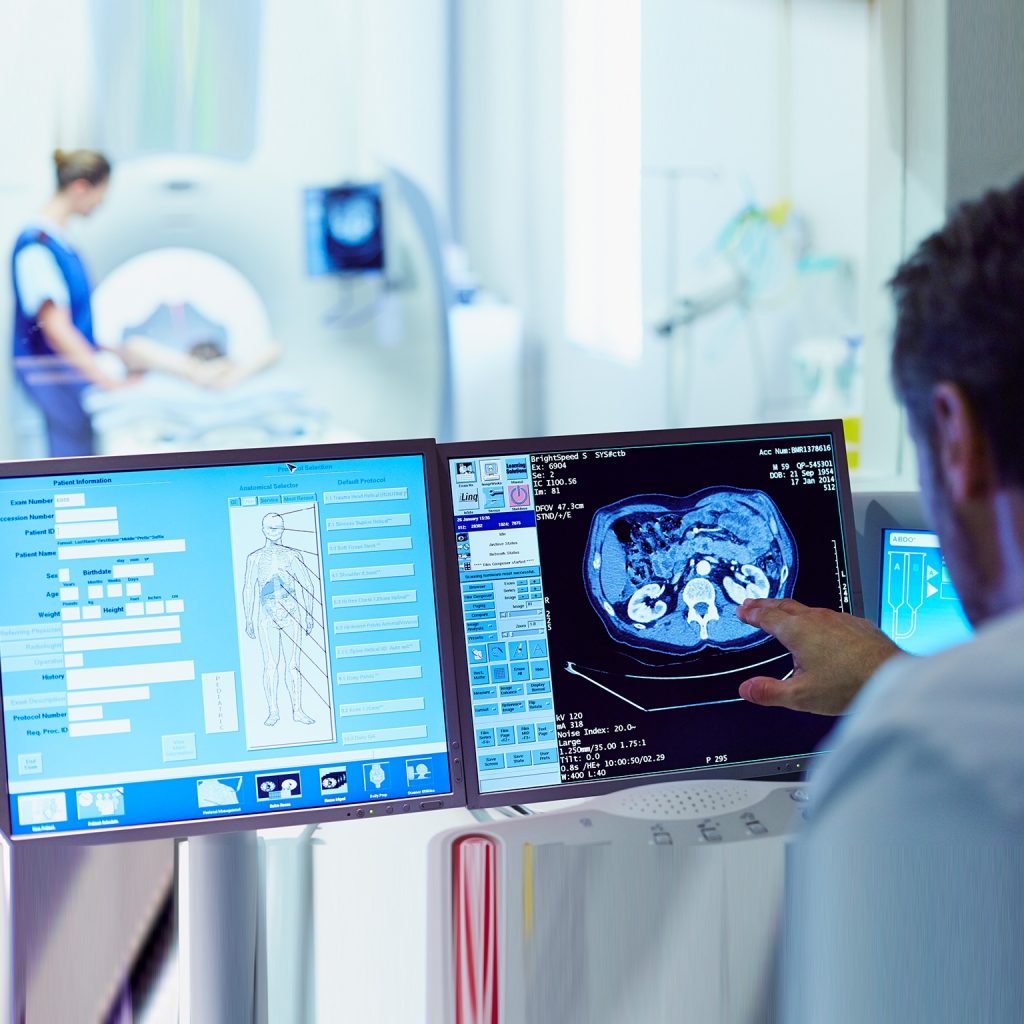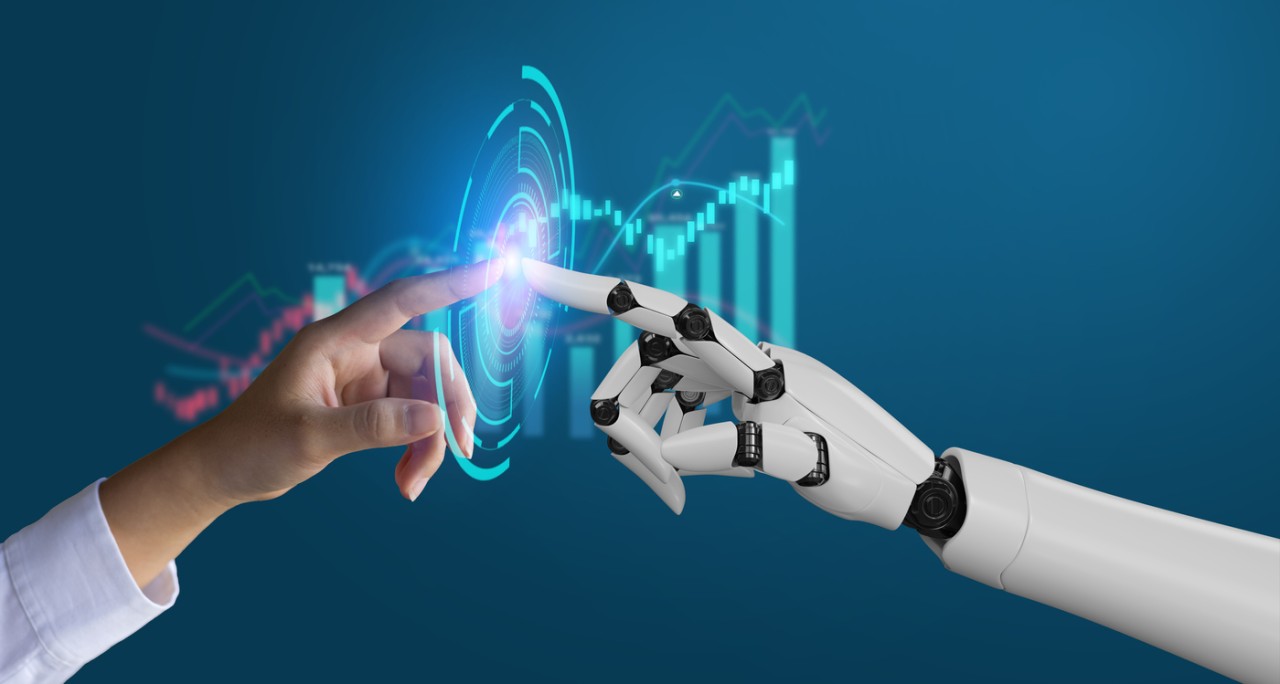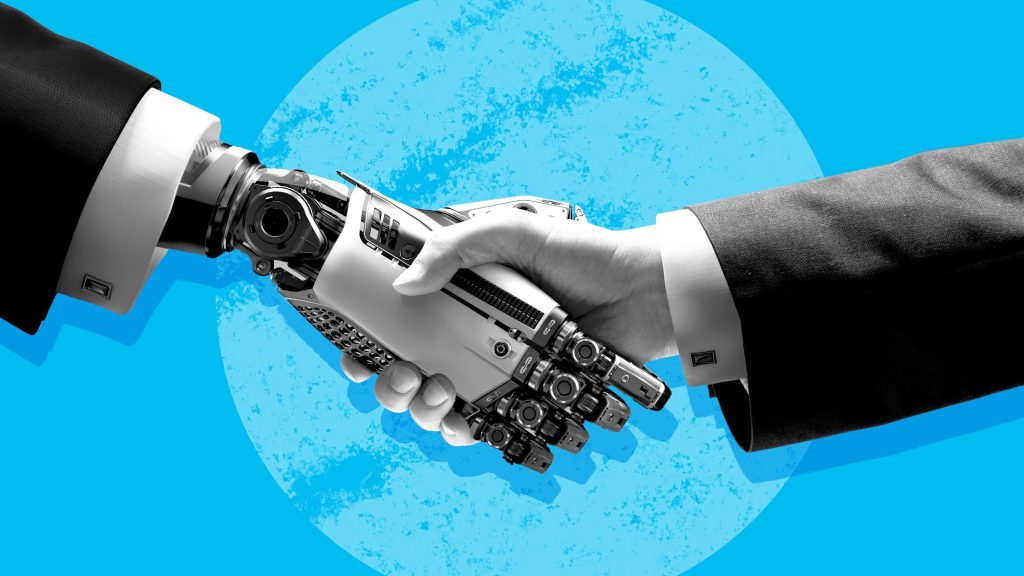Healthcare has been undergoing a remarkable transformation in recent years, largely propelled by integrating Artificial Intelligence (AI) into its core. The synergistic fusion of AI and healthcare has brought about breakthroughs once considered mere science fiction. As we delve into this paradigm shift, it becomes evident that alongside its revolutionary potential, ethical considerations warrant meticulous contemplation.
Revolutionizing Diagnostics through AI
AI’s proficiency in pattern recognition has revolutionized diagnostic processes. Medical imaging, a cornerstone of diagnostics, has witnessed unprecedented advancements through AI. Algorithms meticulously analyze radiological images, such as X-rays and MRIs, identifying anomalies with a level of precision that is astounding. This expeditious analysis expels delays in diagnosis, expediting timely interventions.
Enhanced Personalized Treatment
The implementation of AI extends its transformative touch to treatment plans. By mining vast patient databases, AI discerns intricate relationships between genetic makeup, medical history, and treatment outcomes. This fuels the customization of treatment regimens, ensuring heightened effectiveness. Tailored therapeutic approaches are swiftly succeeding the era of one-size-fits-all.
Streamlining Administrative Efficiency
Beyond clinical applications, AI streamlines administrative operations. Administrative tasks, notorious for their time-consuming nature, find solace in AI-driven automation. Scheduling appointments, managing medical records, and facilitating billing procedures all undergo a seamless metamorphosis, liberating healthcare professionals to allocate more time where it truly matters—the patient’s well-being.
Ethical Considerations in the AI-Healthcare Symbiosis
As AI seamlessly integrates into healthcare, ethical questions arise in tandem. The sensitive nature of patient data prompts queries regarding privacy and security. Safeguarding patient confidentiality in an era of data breaches demands a fortified framework that evolves in lockstep with technological advancements.
Transparency in AI decision-making poses another ethical facet. The “black box” problem, where AI’s decisions aren’t understandable to humans, challenges the trust between healthcare providers and patients. Striking a balance between AI’s exceptional processing and the necessity for human-understandable rationale becomes imperative.

Looking Ahead: The Future of AI in Healthcare
Peering into the future, the marriage of AI and healthcare holds boundless potential. Predictive analytics and AI can proactively identify outbreaks and epidemics, enabling swift containment measures. Nanorobotics, guided by AI, might revolutionize targeted drug delivery, minimizing side effects.
In Conclusion, the convergence of AI and healthcare marks an epochal progression. From expediting diagnostics to augmenting personalized treatment, the potential is awe-inspiring. Nonetheless, ethical considerations must be the compass guiding this odyssey. As AI continues to propel healthcare into uncharted territories, ethical safeguards, and a human-centric approach will ensure that the journey benefits humanity.
In this age of rapid AI advancement, our collective responsibility is to nurture its potential while ensuring the sanctity of healthcare ethics remains inviolate. Embracing AI’s capabilities while respecting the principles that govern healthcare will pave the way for a future where technology and compassion harmoniously coexist.




